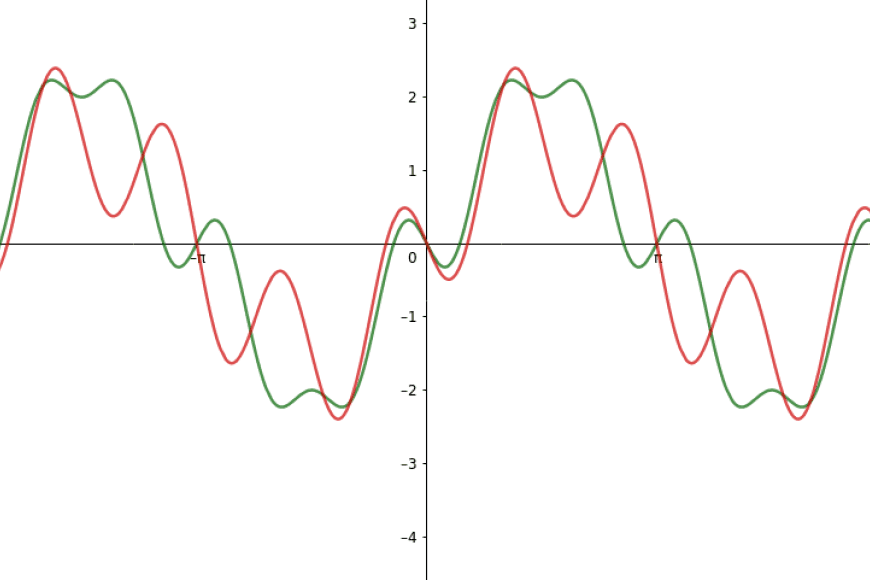
Seminaari on avoin kaikille ja se kokoontuu neljänä perjantaina lukuvuoden aikana.
Tervetuloa!
The first Science and Technology Research Seminar (YKT.YKE.603) for the academic year 2022-23, organized in hybrid format. The seminar is open for all – welcome!
Beyond Human Ears – Socio-material Approaches to Sound
“To hear past the historical insignificance of sounds, we need to hear more than their sonic or phonic content.”
(Douglas Kahn: Noise, Water, Meat)
The predominance of visuality in Western thinking has led to the secondary, often mythologized, role of sound. The study fields focusing on sound are based on different epistemological, often also ontological, commitments: the sound has been defined, for example, by its material or mediating qualities, or it has been imagined through metaphors and meanings. Especially the latter governs the everyday thinking about sound in the Western world.
Recently, STS-influenced sound studies has provided new and more holistic approaches by bringing together different study fields and highlighting the sound’s complex position as a part of embodied perceptual modalities. New ‘methodological agnosticism’ has led to examine how sound is embedded to the social processes of scientific knowledge production and technological innovations. The strive to look beyond prevailing premises of sensory experience is important in times when pervasive technological infrastructures – many of them talking and listening - are anchored into our daily lives. In addition, socio-material approach, listening “beyond our (human) ears”, provides relatively little mapped routes to our everyday experience of space, place, and their inhabitants.
Seminar aims to broaden and problematize the study of sound and examines possibilities for cross-disciplinary approaches.
Seminar programme:
11.15-11.45 Tarja Rautiainen-Keskustalo (Tampere University): Opening words: why care about sound?
11.45-12.45 Simone Natale (University of Turin): To believe in Siri
12.45-13.30 Taina Saarikivi (Tampere University): High-frequency electronic buzz as a contemporary urban silence
BREAK
14.00-14.45 Anna-Maija Tuunanen (Tampere University): Pain or pleasure. Exploring embodiment and built environment through body action
15.00-15.45 Max Ritts (Clark University): New Directions in Conservation Acoustics
15.45-15.00 Discussion and closing the seminar
Seminar will be held in a hybrid format; link: https://tuni.zoom.us/j/62498644931?pwd=Y2syZENxdEt5Sk1mR0duMEZmL3FDUT09
Meeting ID: 624 9864 4931
Passcode: 790720
For more information, take contact with Tarja Rautiainen-Keskustalo (tarja.rautiainen-keskustalo [at] tuni.fi)
Speakers:
Simone Natale is Associate Professor at the University of Turin, Italy and presently is a Research Fellow at the Humboldt Institute for Internet and Society in Berlin thanks to the support of the Humboldt Foundation. He is the author of two monographs, Deceitful Media: Artificial Intelligence and Social Life after the Turing Test (Oxford University Press, 2021) and Supernatural Entertainments: Victorian Spiritualism and the Rise of Modern Media Culture (Penn State University Press, 2016), as well as of articles published in journals including New Media and Society, Communication Theory, the Journal of Communication, Media, Culture & Society and Convergence. Since 2019, he is Assistant Editor of Media, Culture & Society.
Max Ritts is an environmental geographer whose research explores the intersections of social power, sensory practice, and ecological transformation. His in-process book, A Resonant Ecology (under contract with Duke UP), examines the material, affective, and conceptual force of industrial development through situated engagements with sound culture (including eco-acoustics, whalesong, noise, and Indigenous heavy metal). The book is rooted in collaborations with communities on the North Coast of British Columbia, where Max has been working since 2013. Prior to joining Clark, Max was a College Research Associate (CRA) at King’s College, University of Cambridge.
Taina Saarikivi is an associate professor of sound studies who studies silences in an old mining village Lampinsaari (in Ostrobothnia, Finland) in her research project funded by Koneen Säätiö and executed at the University of Tampere. Saarikivi has done a lot of university protests, objecting the corporate university and its harsh efficiency and measuring culture.
Anna-Maija Tuunanen (M.Sc.Arch) has her professional background both in design as well as in teaching in the School of Architecture at the Tampere University. Currently she is finishing her doctoral thesis on embodiment and architecture by the enactive approach. The research shifts attention especially to the more intimate sense proprioception and how spatiality through invisible, unconscious responses appear to emerge.
Järjestäjä
Mianna Meskus, mianna.meskus@tuni.fi
Lisätietoja
Tarja Rautiainen-Keskustalo (tarja.rautiainen-keskustalo@tuni.fi)
